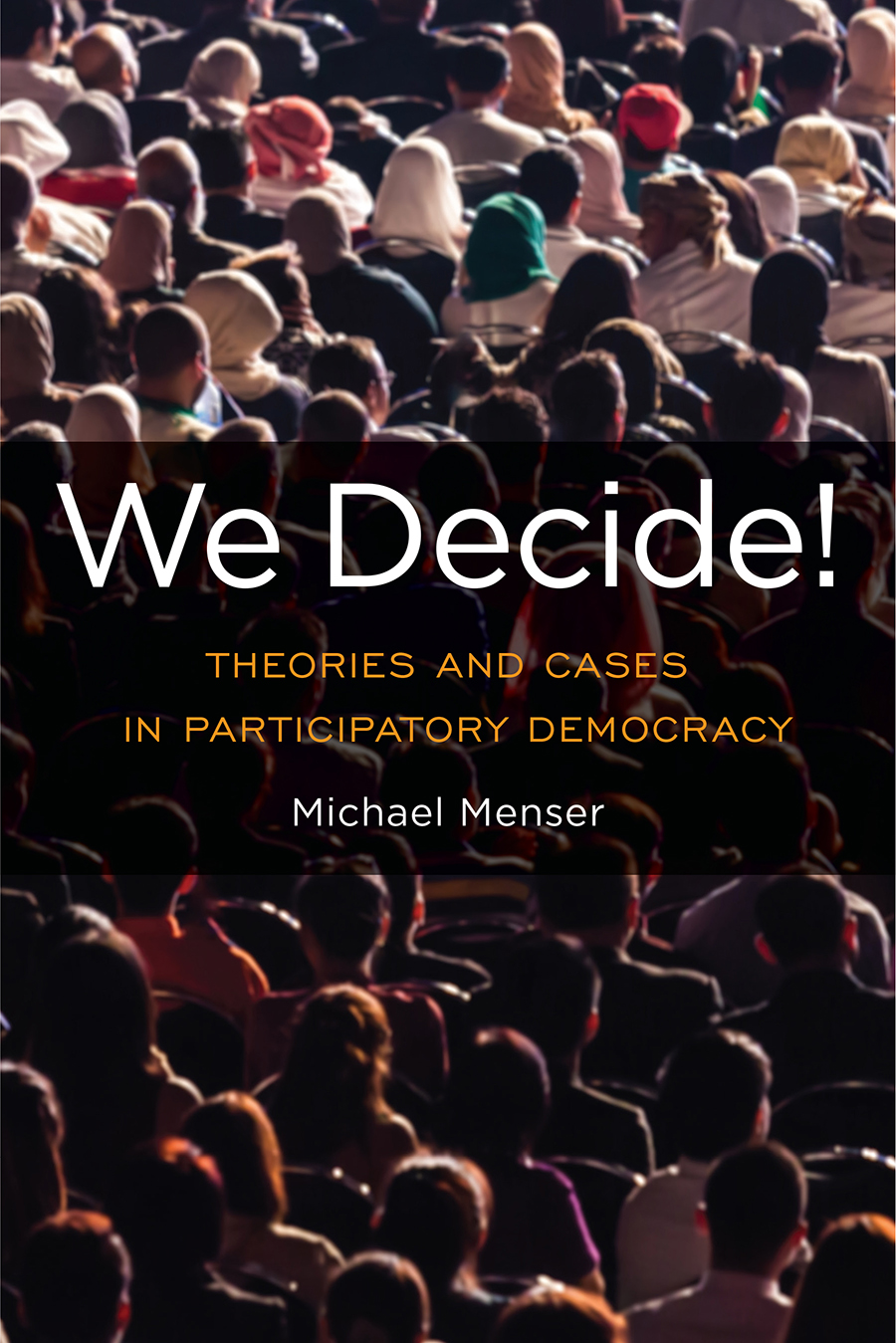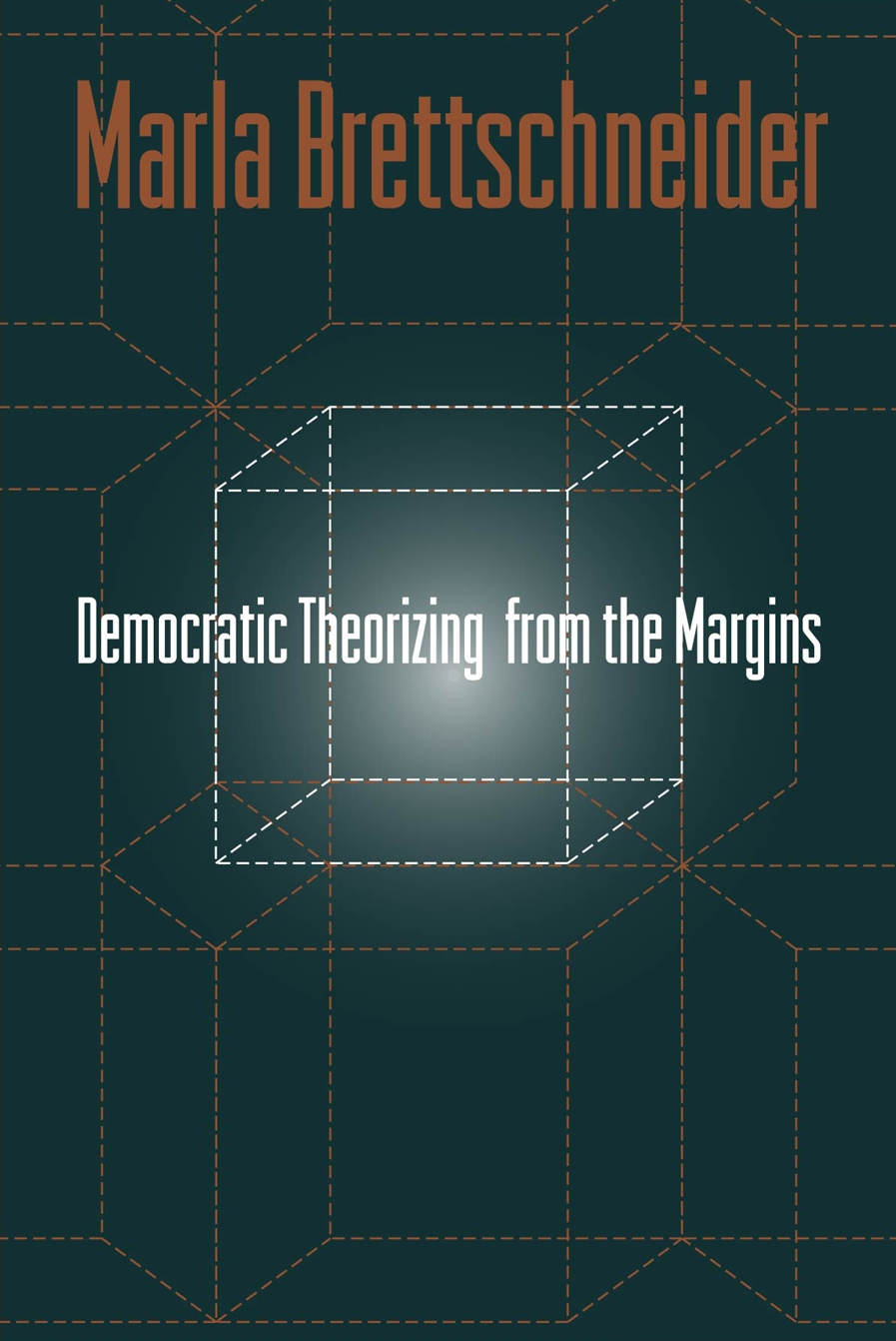This week in North Philly Notes, we showcase a half dozen of our political science titles in honor of the inauguration.


We recommend Good Reasons to Run, edited by Shauna L. Shames, Rachel I. Bernhard, Mirya R. Holman, and Dawn Langan Teele, about women and political candidacy, because Kamala Harris became the first female vice president.
The editors and contributors to Good Reasons to Run, a mix of scholars and practitioners, examine the reasons why women run—and do not run—for political office. They focus on the opportunities, policies, and structures that promote women’s candidacies. How do nonprofits help recruit and finance women as candidates? And what role does money play in women’s campaigns?
We recommend The Great Migration and the Democratic Party, by Keneshia Grant, because it shows the political impact of Black migration on politics. (Grant focuses on three northern cities from 1915 to 1965)
The Great Migration and the Democratic Party frames the Great Migration as an important economic and social event that also had serious political consequences. Keneshia Grant created one of the first listings of Black elected officials that classifies them based on their status as participants in the Great Migration. She also describes some of the policy/political concerns of the migrants. Grant lays the groundwork for ways of thinking about the contemporary impact of Black migration on American politics.


We recommend We Decide! by Michael Menser for its investigation of and insights regarding participatory democracy.
We Decide! draws on liberal, feminist, anarchist, and environmental justice philosophies as well as in-depth case studies of Spanish factory workers, Japanese housewives, and Brazilian socialists to show that participatory democracy actually works. Menser concludes his study by presenting a reconstructed version of the state that is shaped not by corporations but by inclusive communities driven by municipal workers, elected officials, and ordinary citizens working together. In this era of Bernie Sanders and Donald Trump, the participatory democracy proposed in We Decide! is more significant than ever.
We recommend Democratic Theorizing from the Margins, by Marla Brettschneider, for its clear account of the lessons and theories of democratic culture
Democratic Theorizing from the Margins lays out the basic parameters of diversity-based politics as a still emerging form of democratic theory. Students, activists, and scholars engage in diversity politics on the ground, but generally remain unable to conceptualize a broad understanding of how “politics from the margins”—that is, political thinking and action that comes from groups often left on the outside of mainstream organizing and action—operate effectively in different contexts and environments. Brettschneider offers concrete lessons from many movements to see what they tell us about a new sort of democratic politics. She also addresses traditional democratic theories and draws on the myriad discerning practices employed by marginalized groups in their political activism to enhance the critical capacities of potential movements committed both to social change and democratic action.


We recommend Rude Democracy, by Susan Herbst, about how civility and incivility are strategic weapons on the state of American democracy, given how polarized our country has become.
Democracy is, by its very nature, often rude. But there are limits to how uncivil we should be. In the 2010 edition of Rude Democracy, Susan Herbst explored the ways we discuss public policy, how we treat each other as we do, and how we can create a more civil national culture. She used the examples of Sarah Palin and Barack Obama to illustrate her case. She also examined how young people come to form their own attitudes about civility and political argument. In a new preface for this 2020 paperback edition, the author connects her book to our current highly contentious politics and what it means for the future of democratic argument.
And we encourage readers to look for our forthcoming (in March) title, Furthering Fair Housing, edited by Justin P. Steil, Nicholas F. Kelly, Lawrence J. Vale, and Maia S. Woluchem. This book analyzes federal policy to advance racial equity in housing and neighborhoods.
Furthering Fair Housing analyzes multiple dimensions of the Affirmatively Furthering Fair Housing Rule, which was the most significant federal effort to increase equality of access to place-based resources and opportunities, such as high-performing schools or access to jobs, since the 1968 Fair Housing Act. The editors and contributors to this volume identify failures of past efforts to increase housing choice, explore how the AFFH Rule was crafted, measure the initial effects of the rule before its rescission, and examine its interaction with other contemporary housing issues, such as affordability, gentrification, anti-displacement, and zoning policies.
Filed under: african american studies, american studies, civil rights, cultural studies, Education, environment, ethics, gender studies, History, immigration, Labor Studies, Mass Media and Communications, political science, race and ethnicity, racism, sociology, transnational politics, Urban Studies, women's studies | Tagged: Democracy, diversity, housing, inauguration, inequality, participatory democracy, political science, race and ethnicity, women in politics | Leave a comment »



